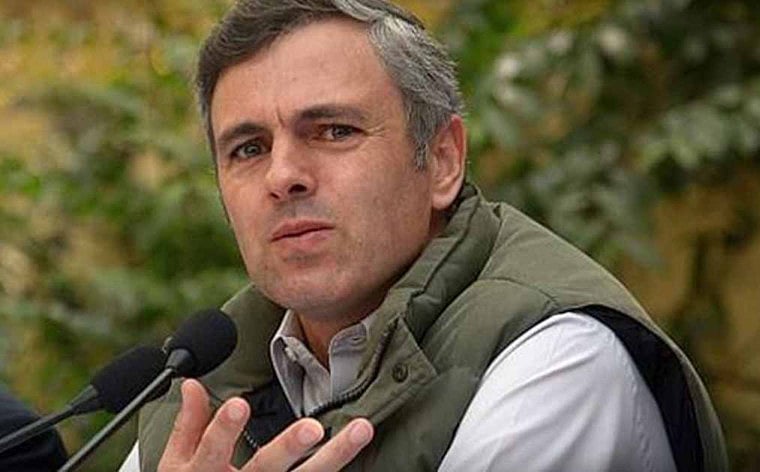Yesterday, the Jammu and Kashmir administration told India’s Supreme Court that former Jammu and Kashmir Chief Minister Omar Abdullah continues to be in jail because his presence would pose an “imminent threat to public order.”
This was in response to the Supreme Court’s decision to hear a plea filed by Omar Abdullah’s sister Sara Abdullah Pilot challenging the detention of her brother and National Conference leader under the draconian Public Safety Act (PSA).
The J&K administration further told the court that it (Supreme Court) cannot review Omar’s detention. The ball is now in the Apex court, which will weigh the merit of government’s argument.
Fast-changing political context
On ground the situation in Kashmir has changed dramatically post-August 5, 2019 when the Modi government swiftly moved to abrogate Article 370.
While sending shock waves across the state’s political and social firmament, it ended a nearly seven decade old political arrangement that gave a unique identity to the Muslim majority Kashmir within the union of India.
Omar Abdullah, the state’s former chief minister, who has also been a member of Lok Sabha, India’s lower house of parliament, was among heavyweight politicians detained by the government of India.
Previously as a Union Minister of State for External affairs in Atal Bihari Vajpayee’s NDA government, Omar’s party had been an ally of the BJP before parting ways.
Hailed as a performing minister, junior Abdullah was often referred to as a poster boy — a Kashmiri Muslim — proudly representing India at the global level.
Fall from grace
From his defence of Indian positions vis-a-vis Kashmir over the years (he was heckled at a speech in the University of California, Berkeley in 2018 for defending Indian policies in Kashmir) to becoming a vocal critic of the Modi government, Omar came a long way.
Recently New Delhi went ahead and slapped him with the Public Safety Act, a stringent law under which he could be in jail without trial for up to two years. The law is routinely invoked in the state against separatist activists and stone pelters.
Omar Abdullah continues to be in detention along with Mehbooba Mufti and Farooq Abdullah, and scores of Kashmiri leaders — most of whom were vociferous in their criticism of the aggressive move to revoke the special status and constitutional autonomy enjoyed by Jammu and Kashmir.
Vocal Modi critic
Be it Modi’s demonitisation move or the BJP’s government’s GST implementation, Omar Abdullah had emerged as one of the most articulate critics of the centre. With his formidable presence on social media, the former chief minister would often take on Modi’s policy on Kashmir.
All that came to a boil last August. Now all eyes are on the country’s top court which has given an early date to hear Sara’s plea since the matter pertains to an individual’s liberty.
Also Read
Kashmir: NC pitches for release of Abdullahs ahead of local body pollNarendra Modi using Pulwama tragedy for political gain: Omar Abdullah, former chief minister of Jammu and KashmirFresh restrictions imposed in Srinagar; 40 days since Article 370 abrogationNetwork Links
GN StoreDownload our app
© Al Nisr Publishing LLC 2026. All rights reserved.
